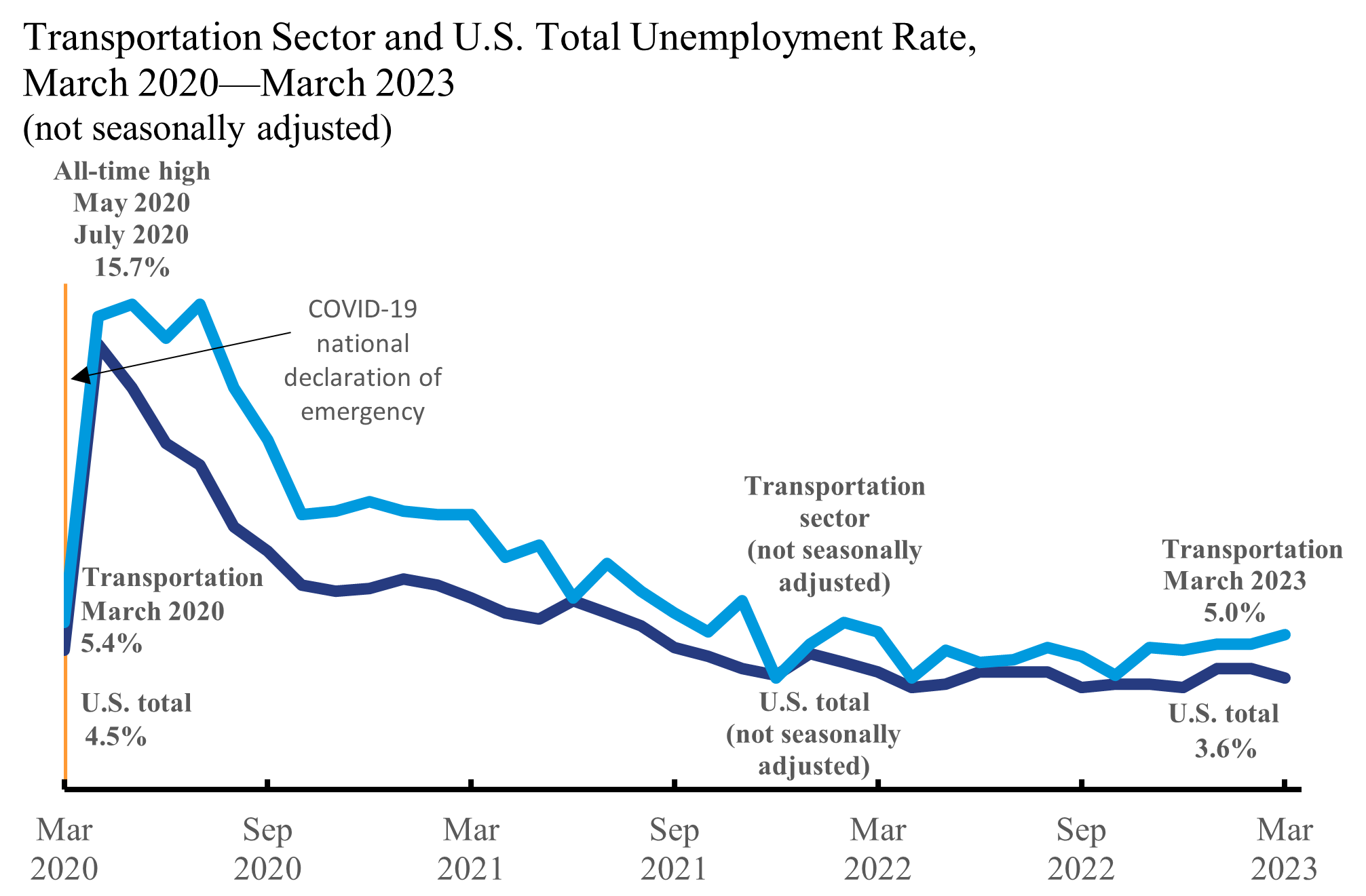Land Your Dream Job: 5 Essential Do's And Don'ts In Private Credit

Table of Contents
Do's for Landing a Private Credit Job
1. Network Strategically
Building a strong network is paramount in the private credit industry. It's not just about who you know, but how you know them and the relationships you cultivate.
- Attend Industry Events: Conferences like the SuperReturn conferences, industry workshops, and smaller networking events offer excellent opportunities to connect with professionals in private credit. These events provide a chance to learn about the latest trends and directly engage with potential employers.
- Leverage Online Platforms: LinkedIn is your professional home base. Optimize your profile, actively engage in relevant groups, and connect with professionals working in private credit. Follow industry influencers and firms to stay informed about opportunities.
- Informational Interviews: Don't underestimate the power of informational interviews. Reach out to people working in private credit for a brief conversation to learn about their roles, career paths, and the industry. This shows initiative and can lead to unexpected opportunities.
- Alumni Networks and Professional Organizations: Tap into your university's alumni network and join professional organizations like the CFA Institute or industry-specific groups. These networks can provide valuable connections and insights.
2. Showcase Relevant Skills and Experience
Your resume and cover letter are your first impression. Make them count by showcasing the specific skills and experiences valued in private credit.
- Highlight Quantitative Skills: Emphasize your proficiency in financial modeling, valuation techniques (DCF, LBO modeling), credit analysis, and spreadsheet software (Excel, Python).
- Demonstrate Relevant Experience: Clearly articulate your experience in due diligence, portfolio management, credit underwriting, or other related areas within private credit funds or lending institutions.
- Quantify Your Achievements: Whenever possible, use numbers to demonstrate the impact of your work. Did you increase portfolio returns? Reduce default rates? Quantify these achievements to demonstrate tangible results.
- Tailor Your Application: Don't send generic applications. Carefully review each job description and tailor your resume and cover letter to highlight the skills and experiences most relevant to that specific role and firm.
3. Master the Interview Process
The interview process is your chance to shine. Preparation is key to success in securing a private credit role.
- Prepare for Behavioral Questions: Use the STAR method (Situation, Task, Action, Result) to structure your answers to behavioral questions. Practice answering common questions like "Tell me about a time you failed," or "Describe a challenging situation and how you overcame it."
- Thorough Research: Research the firm's investment strategy, recent deals, and the interviewer's background. This demonstrates genuine interest and allows you to ask insightful questions.
- Practice Technical Questions: Be prepared to answer technical questions related to financial modeling, valuation, credit analysis, and industry-specific knowledge. Practice your responses to common private credit interview questions.
- Ask Engaging Questions: Prepare thoughtful questions to show your engagement and understanding of the firm and the private credit industry. Asking relevant questions demonstrates your interest and initiative.
Don'ts for Landing a Private Credit Job
1. Neglecting Research
Thorough research is crucial for success. Failing to do your homework can severely hurt your chances.
- Don't Apply Blindly: Don't apply for jobs without understanding the firm's investment strategy, target markets (e.g., real estate, healthcare, leveraged buyouts), and the specific responsibilities of the role.
- Avoid Generic Applications: A generic cover letter and resume show a lack of interest and effort. Personalize each application to reflect the specific requirements and culture of the firm.
- Don't Overlook Interviewer Research: Use LinkedIn to research the interviewers. Understanding their backgrounds and expertise enables you to tailor your conversation and ask relevant questions.
- Understand Private Credit Nuances: Demonstrate a solid understanding of the complexities of private credit investing, including different financing structures and risk management techniques.
2. Underestimating the Importance of Networking
Networking isn't just about getting a job; it's about building relationships and learning about opportunities.
- Don't Rely Solely on Job Boards: Job boards are a starting point, but networking is crucial for uncovering hidden opportunities.
- Don't Be Afraid to Reach Out: Most professionals are happy to share their experiences and insights. Reach out to people working in private credit for informational interviews or advice.
- Explore Diverse Opportunities: Don't limit yourself to large firms. Consider boutique firms and alternative investment managers; they may offer unique opportunities and a different work environment.
- Always Follow Up: Follow up after networking events and interviews to show initiative and maintain contact.
3. Ignoring the Details
Attention to detail demonstrates professionalism and competence. Overlooking these details can cost you the job.
- Avoid Typos and Grammatical Errors: Proofread your resume, cover letter, and emails carefully. Typos and grammatical errors demonstrate carelessness.
- Prepare for Technical Proficiency: Brush up on your technical skills related to financial modeling, valuation, and credit analysis. Be ready to discuss these areas confidently.
- Send Thank-You Notes: After each interview, send a thank-you note or email to express your gratitude and reiterate your interest.
- Maintain a Professional Online Presence: Ensure your LinkedIn profile is up-to-date, professional, and accurately reflects your skills and experience.
Conclusion
Landing your dream job in private credit requires dedication, strategic planning, and attention to detail. By following these do's and don'ts, you'll significantly improve your chances of success. Remember to network effectively, showcase your relevant skills, and master the interview process. Don't underestimate the importance of research and attention to detail throughout your job search. Start implementing these strategies today, and take the first step towards securing your ideal private credit position. Good luck in your job search in private credit!

Featured Posts
-
 Is Marvel Losing Its Touch Analyzing The Decline In Quality
May 04, 2025
Is Marvel Losing Its Touch Analyzing The Decline In Quality
May 04, 2025 -
 May Workforce Cuts Planned By Transportation Department
May 04, 2025
May Workforce Cuts Planned By Transportation Department
May 04, 2025 -
 Pay Your Way Spotify Updates I Phone App Payment Options
May 04, 2025
Pay Your Way Spotify Updates I Phone App Payment Options
May 04, 2025 -
 Googles Search Ai Training On Web Content Despite Opt Outs
May 04, 2025
Googles Search Ai Training On Web Content Despite Opt Outs
May 04, 2025 -
 177 000 Jobs Added In April U S Unemployment Rate Holds At 4 2
May 04, 2025
177 000 Jobs Added In April U S Unemployment Rate Holds At 4 2
May 04, 2025
Latest Posts
-
 Lizzo Unleashes A Fiery New Sound
May 04, 2025
Lizzo Unleashes A Fiery New Sound
May 04, 2025 -
 A Powerful New Track From Lizzo
May 04, 2025
A Powerful New Track From Lizzo
May 04, 2025 -
 Fiery New Music Lizzo Is Back
May 04, 2025
Fiery New Music Lizzo Is Back
May 04, 2025 -
 Lizzo Flaunts Hourglass Figure During Los Angeles Performance
May 04, 2025
Lizzo Flaunts Hourglass Figure During Los Angeles Performance
May 04, 2025 -
 Lizzos Bad Girl Anthem A New Song
May 04, 2025
Lizzos Bad Girl Anthem A New Song
May 04, 2025
